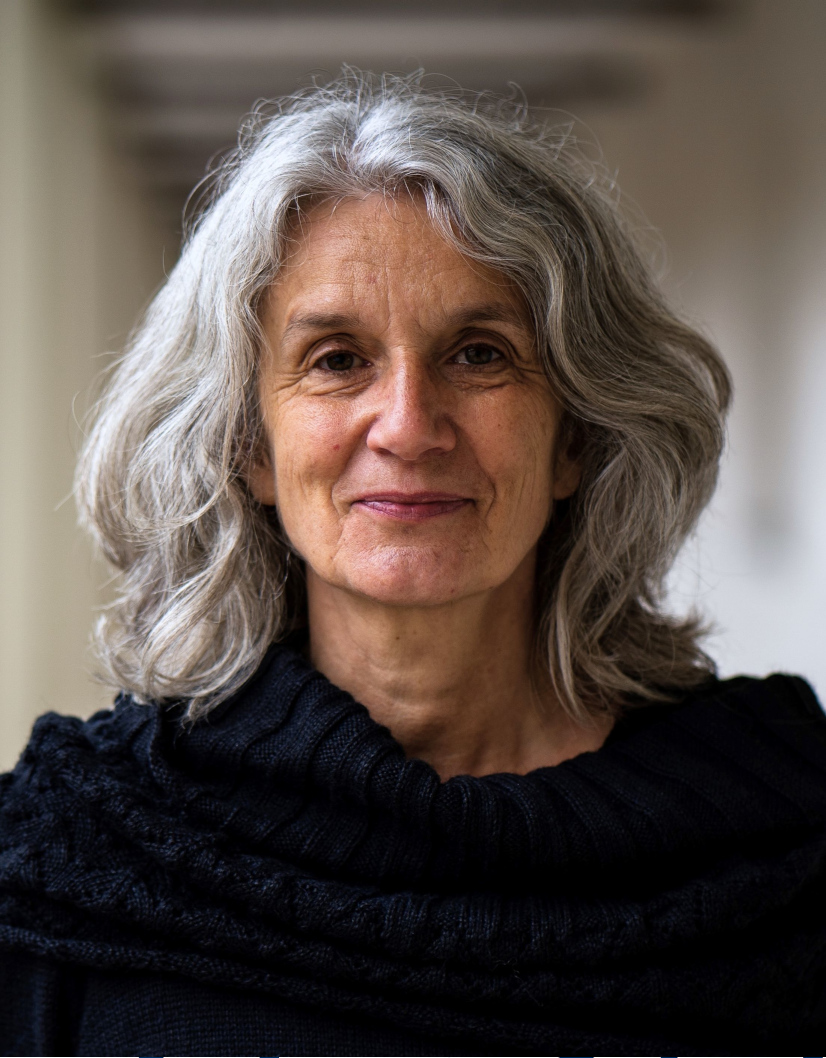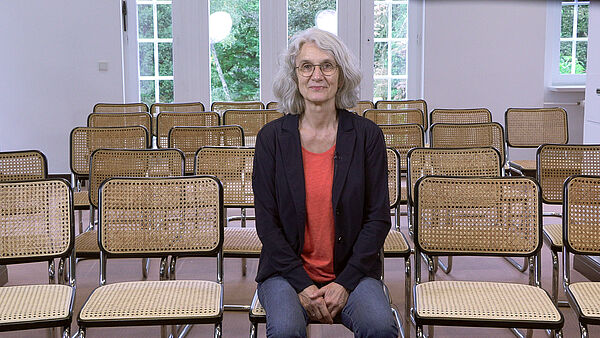
Renate Dürr, Dr. phil.
Professor of History
Universität Tübingen
Born in 1961 in Bologna, Italy
M.A. and Dr. phil. in History, Freie Universität Berlin
Arbeitsvorhaben
Dealing with Ethnic and Religious Diversity in Early Modern Germany: Baptismal Sermons for Muslim, Jewish, and “Heathen” Converts
Fragmented into rival territories, ravaged by wars, and beset by confessional discord, the Holy Roman Empire (HRE) has long been perceived as playing a marginal role in European expansion, global trade, and slavery. Recent scholarship challenges this notion by introducing the concept of “colonialism without colonies” to the study of early modern Germany. My book project explores the potential of a postcolonial reinterpretation of the HRE through an interpretation of printed baptismal sermons delivered to Muslim, Jewish, and “heathen” converts. These treatises, spanning at least 40 pages and often extending up to 200 pages, transcend the mere transcription of the sermon delivered at the baptismal ceremony. Instead, I interpret them as sites of knowledge production in church halls and thus as a first step towards a global intellectual microhistory of migration to and diversity in early modern Germany. Ultimately, the printed baptismal sermons provide a lens through which to examine ethnic and religious diversity in early modern towns and villages, the coexistence of non-baptized “heathens” in burgher households, and how pastors addressed slavery in their sermons. This approach will reveal a longue durée of forced migration to Germany and deepen our understanding of slavery’s impact on early modern German society. In the process, I will explore key questions like these: What did Germans know about Islam, Judaism, or West African pagan religions? What did it mean for Muslim, Jewish, and “heathen” converts to embody knowledge about the world, religious practices such as circumcision, or “natural historical” explanations of Black skin color? And how might this study reshape our understanding of contemporary concepts of dependency applied to servants and serfs (Leibeigene)?Recommended Reading
Dürr, Renate. “Mapping the Miracle: Empirical Approaches in the Exodus Debate of the Eighteenth Century.” Past and Present 237 (2017): 93–133.
—, ed. Threatened Knowledge: Practices of Knowing and Ignoring from the Middle Ages to the Twentieth Century. Routledge, 2021.
Brauner, Christina, Renate Dürr, Philip Hahn, Anne Sophie Overkamp, and Simon Siemianowski, eds. Encountering the Global in Early Modern Germany: Microhistories of Mobility, Materiality, and Belonging. Berghahn, 2025.
Publikationen aus der Fellowbibliothek
Dürr, Renate (Berlin, 2025)
Dürr, Renate (New York, 2025)
Encountering the global in early modern Germany : microhistories of mobility, materiality, and belonging Studies in German history ; 30
Dürr, Renate (London, 2024)
Truths and the Devil : translating differences into similarities in the sixteenth century
Dürr, Renate (Ostfildern, 2024)
Dürr, Renate (London, 2023)
Emotions as guide to untrustworthiness : John Lockman's struggle with what he could not check
Dürr, Renate (New York, NY, 2023)
Regulating dangerous knowledge : John Lockman's (1698-1771) enlightened readings of Jesuit letters
Dürr, Renate (London, 2022)
Introduction : practices of knowing and ignoring from the Middle Ages to the twentieth century
Dürr, Renate (Basel, 2021)
Der Barbier von Ettlingen : oder, warum Franz Caspar seine Eltern verließ
Dürr, Renate (Cambridge, 2020)
Inventing a Lutheran ritual : baptisms of Muslims and Africans in early modern Germany
